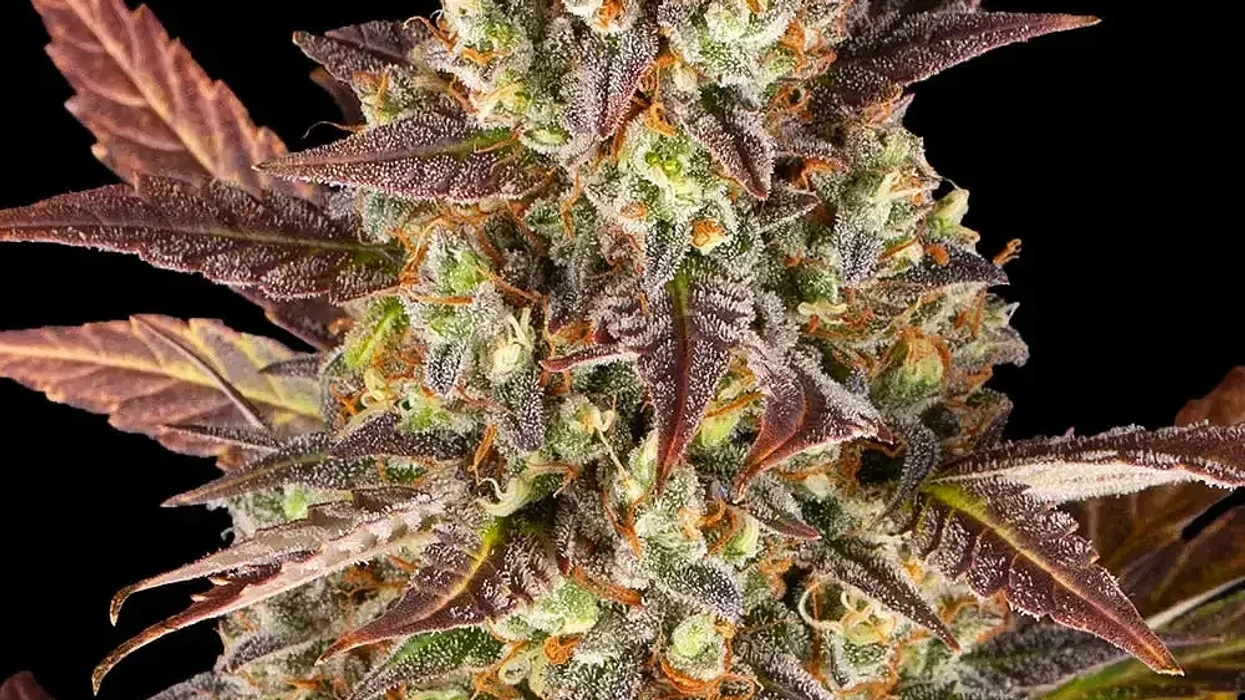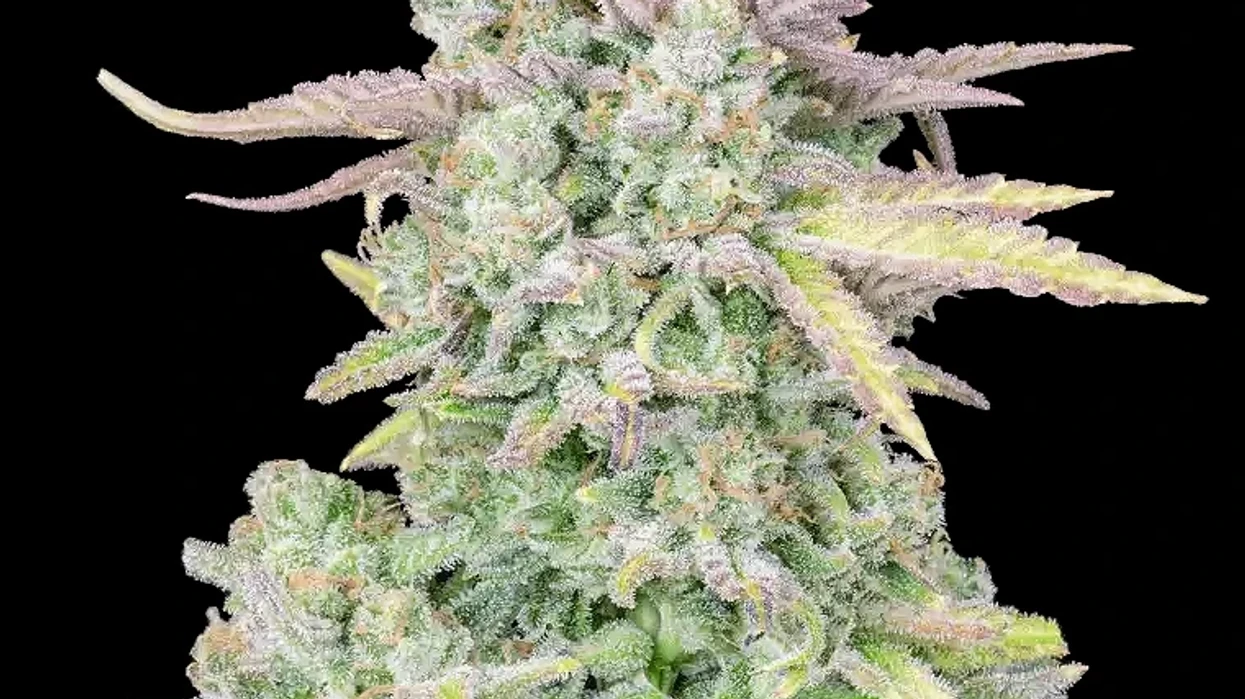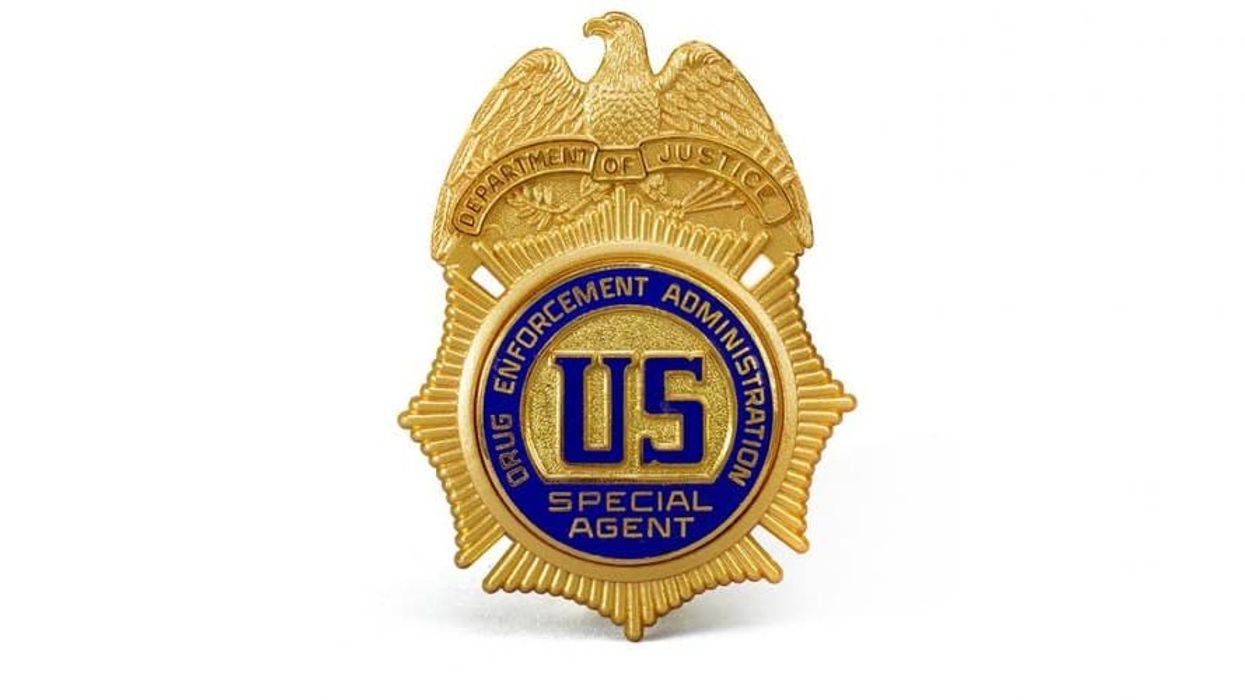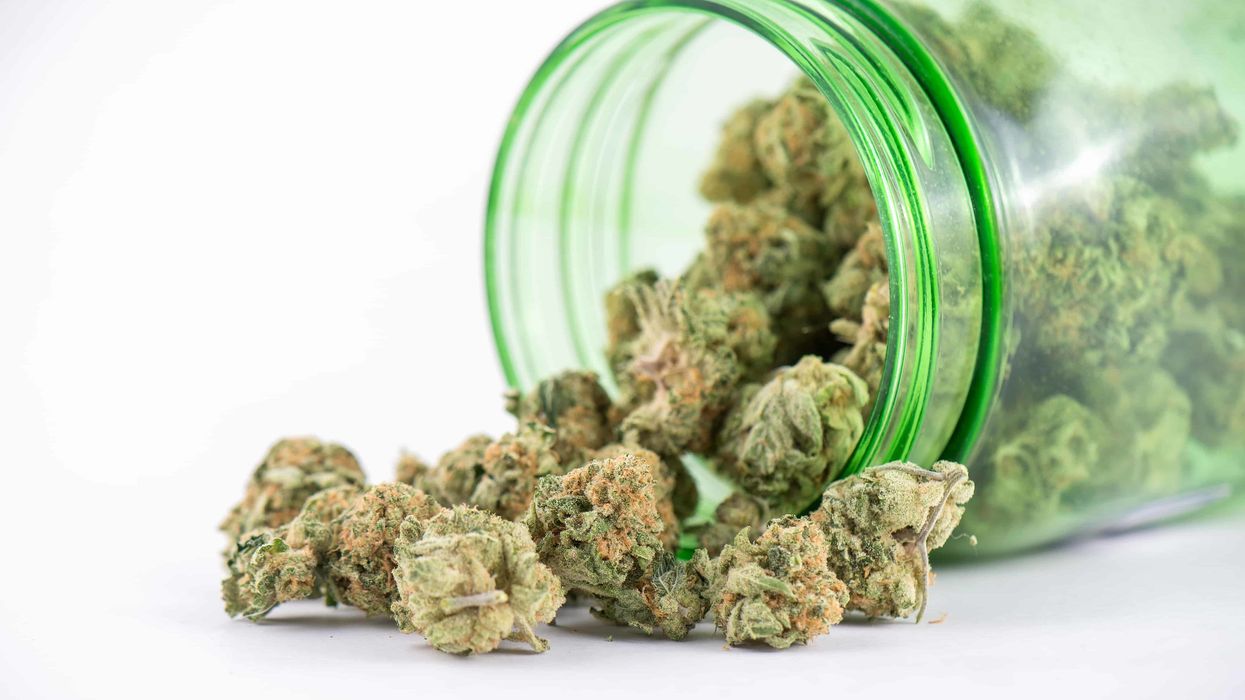Maybe you saw the news.
Green Thumb Industries announced its plan for a trial run to sell licensed, THC-rich medical cannabis products at ten Circle K gas stations in Florida.
The announcement triggered national headlines along with an immediate yet divided response across the industry.
Some were concerned by the threat of mediocre corporate weed further clamping down the market and ruining cannabis for everyone.
Others were disturbed by the notion of large MSOs pushing the envelope on business development instead of focusing on the lobby to release cannabis prisoners first and foremost.
Yet, another concern revolved around the national media attention of this Circle K story and how it might result in more people thinking that the unregulated weed products at their local gas stations are totally safe.
Others meanwhile see this as a positive step towards increased safe access and the normalization of cannabis.
All of these points are valid, yet there's always more to the story.
Apparently Florida hasn't even approved these Circle K locations for cannabis retail, state regulations may prevent it entirely, and it all may have just been a distraction-driven PR stunt on the part of GTI.
Smoke and mirrors aside, this whole Circle K story has raised some valuable points for this industry.
The Cannabis Industry Can't Trust Its Biggest Stakeholders
The increase of safe access to cannabis is always a good thing.
More people responsibly consuming cannabis is also a good thing.
Most cannabis advocates will tell you the same, and many of them will also express how weary and distrustful they are of large cannabis MSOs like GTI.
Essentially, MSOs have a habit of lobbying industry policy in their favor with an eye toward dominating the market and shutting out smaller stakeholders.
Just last year GTI was under federal investigation for alleged corruption revolving around their political donations.
It’s also not uncommon to hear stories of workplace toxicity with these cannabis MSOs. In fact, GTI is currently facing a lawsuit for age and sex discrimination by a former employee, and I’ve personally heard stories far worse about toxicity in the cannabis industry.
Where am I going with all this? MSOs are becoming the national face of the cannabis industry, and many of them have shown they don’t care about cannabis at all – or people.
The Circle K story is proof of this.
The Problem with Selling Medical Cannabis at Gas Stations
GTI could hit the “iceberg below the waterline” if its gas station strategy actually panned out.
Think about all those soccer moms or Boomers who are afraid to enter a dispensary because of the lingering cannabis stigma.
At the same time, Florida is a medical state, and this feels more like an adult-use play.
Medical cannabis stakeholders cannot expect patients to grab whatever products off the shelf and figure this out on their own.
Gregory Frye
Medical cannabis stakeholders cannot expect patients to grab whatever products off the shelf and figure this out on their own.
Unfortunately, this is also the case with many dispensaries, where staff are oftentimes poorly trained and unable to answer questions or give any real guidance.
However, selling products at gas stations is very much a step in the wrong direction for a medical program.
The increase of safe access would be coupled with a decrease in credible cannabis guidance and knowledge.
The issue is that most people have vast knowledge gaps around cannabis. They are intimidated and uncertain. If their first experience goes awry, they may never try it again.
The gas station clerk is probably not the best person to answer your cannabis questions!
True Cannabis Normalization
Convenience stores like Circle K are where people go to buy everyday items: coffee, toilet paper, and over-the-counter drugs, etc.
Does cannabis belong on this list? For a lot of people sure.
Also, isn’t it better if people go to these shops and decide to try pot instead of their usual purchase of alcohol or cigarettes?
But GTI's gas station ideas skips some steps on their so-called path to cannabis normalization.
Cannabis normalization is much more nuanced and integrated than increased safe access.
On the medical side, if we want to normalize cannabis, we ought to focus on integrating cannabis into patient care, not gas stations.
Every hospital ought to have cannabis specialists on staff. Every pharmacy ought to have over-the-counter cannabis products available.
This is humanity’s most versatile medicine, and selling licensed medical products out of a gas station jeopardizes the greater vision of integrated medicine.
If the medical institutions weren’t taking medical cannabis seriously before, selling it out of gas stations certainly wouldn't help the cause.
Normally this would be a sensible business tactic, but a ploy for increased retail exposure attempts to overlook or bypass some of the more pressing challenges in cannabis today. Not smart.
Need a little more Bluntness in your life? Subscribe for our newsletter to stay in the loop.







 Justin Timberlake Eye Roll Gif By Agent M Loves Gif - Find & Share on GIPHYAgent M Loves Gifs
Justin Timberlake Eye Roll Gif By Agent M Loves Gif - Find & Share on GIPHYAgent M Loves Gifs








